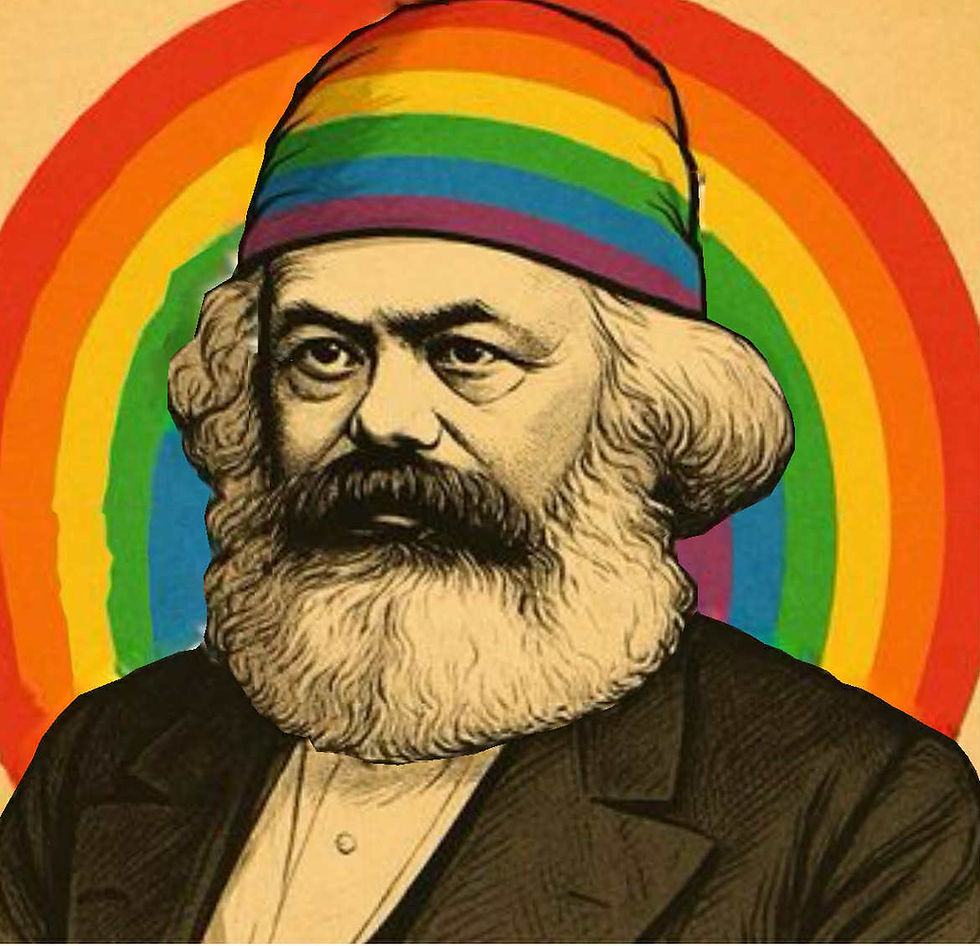Redemption
- Mike Burnette
- Dec 21, 2024
- 3 min read
Updated: Feb 13, 2025
Every message in the Bible, and arguably every experience in life, can be seen as pointing toward salvation in some form because salvation is the central narrative of human existence from a Christian worldview. This universal theme resonates even in creative works like Mike Burnette's PSYCHONIX trilogy, which may not explicitly preach the Gospel but subtly echoes its truths. Here’s how this idea unfolds:
1. The Bible’s Narrative: A Story of Redemption
From Genesis to Revelation, the Bible tells one overarching story: humanity’s fall, God’s plan for redemption through Christ, and the ultimate restoration of creation.
Old Testament Foreshadowing: Even in historical accounts, laws, and prophecies, God is pointing toward salvation. For instance:
Noah’s Ark (Genesis 6–9): A symbol of salvation from judgment.
The Exodus: Deliverance from Egypt prefigures Christ's redemption from sin.
The Sacrificial System: Points to Jesus as the ultimate sacrificial Lamb.
New Testament Fulfillment: Every teaching, miracle, and event in Jesus’ life centers on salvation:
Luke 19:10: "The Son of Man came to seek and to save the lost."
John 3:16: The Gospel in a verse—the ultimate message of salvation.
Even moral and practical teachings in Scripture, like how to live righteously or endure suffering, are meant to either guide people toward salvation or help them live in light of it.
2. Life’s Experiences: A Journey Toward Redemption
From a Christian perspective, every life event—joyful or painful—is an invitation to engage with God’s plan of salvation.
Blessings remind us of God’s grace.
Trials reveal our need for a Savior and refine our faith (James 1:2-4).
Relationships mirror the love of Christ or expose our brokenness, pointing us toward reconciliation with God.
Even secular art, science, and history often reflect this longing for redemption, hope, and meaning—universal desires that only salvation through Christ fully satisfies.
3. PSYCHONIX and the Shadow of Salvation
Mike Burnette’s PSYCHONIX trilogy can be seen as a creative echo of the salvation story, where technology and humanity’s quest for transcendence reveal deeper spiritual truths:
The PSYCHONIX Interface and the Soul: The trilogy explores the integration of advanced psychological bionics with the human soul. This fusion reflects the tension between human effort and divine intervention in achieving true transformation. Just as salvation cannot be achieved through works or technology, the PSYCHONIX technology’s success hinges on something greater than human ingenuity—a higher moral and spiritual grounding.
Colonel Steven Scott's Journey: As the protagonist, Scott embodies the struggle between human frailty and the pursuit of higher purpose. His reliance on PSYCHONIX highlights humanity’s temptation to seek salvation through its own inventions, while his connection with God points to the ultimate truth: salvation lies beyond human reach, in the grace of a higher power.
The Conflict with Fallen Kin: The trilogy’s villains, who manipulate technology for destructive purposes, represent sin’s corrupting influence. The battle against them symbolizes the cosmic struggle between good and evil, echoing the Bible’s spiritual warfare narrative (Ephesians 6:12).
The Biocradle and Resurrection: The concept of disembodied souls finding refuge in biocradles parallels the Christian hope of resurrection and restoration. It reminds readers that salvation involves not just escape from death but the promise of new life.
4. Salvation in Every Story
Ultimately, every story, including PSYCHONIX, reflects aspects of the Gospel because humanity’s deepest questions—about identity, purpose, suffering, and hope—are answered in God’s redemptive plan. Even when salvation is not explicitly mentioned, the echoes of our need for it resound in all human endeavors, creativity, and struggles.
In life and art, salvation is the thread that ties all things together, whether as a direct theme or a shadow, and PSYCHONIX is no exception. It challenges readers to confront the limits of human achievement and points toward a transcendent hope—the essence of the Gospel.




Comments